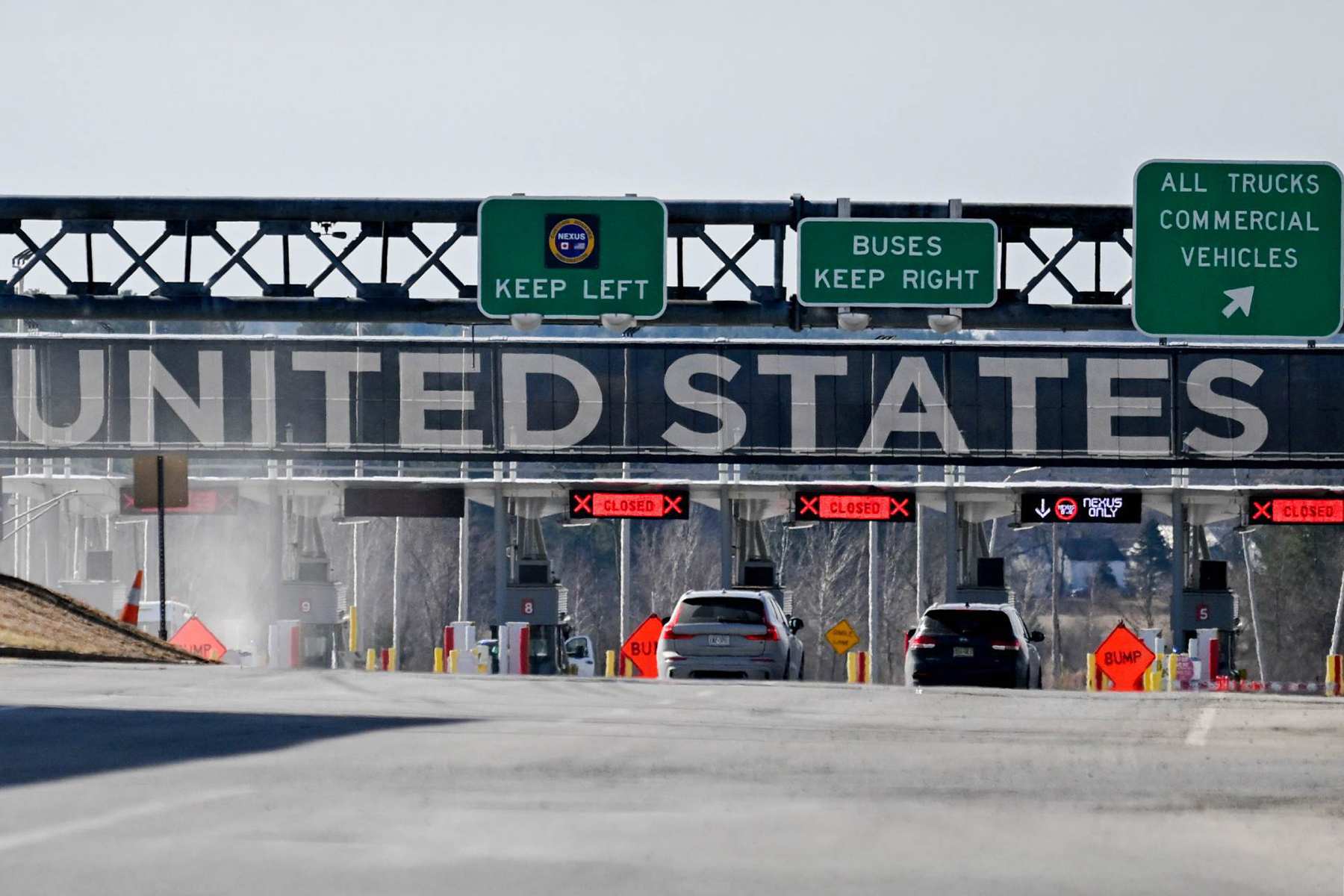
"But Ottawa's decision might hinge on a simple fact of life: trucks loaded with auto parts, grain, aluminum, and countless other goods cross into the US every day. That flow is governed by a set of rules under the Canada-United States-Mexico Agreement, or CUSMA. Signed in 2018 as the successor to the North American Free Trade Agreement, or NAFTA, the pact was intended to modernize North America's trading rules."
"CUSMA today props up entire sectors of the economy: Alberta's cattle industry and Quebec's factories, for instance. But the pact is not permanent. Next year, it's set to be re-examined, which will give Washington a chance to demand fresh concessions. This looming deadline is the subtext to Ottawa's every move as it tries to protect access to a market it can't afford to lose."
"If the counter tariffs were meant to show strength, what does lifting them reveal? Weakness? Pragmatism? The decision presumably reflects a long-term strategy that's aimed at securing the most favourable outcome ahead of the CUSMA review in 2026. Preserving the exemption for CUSMA-compliant goods is critical for the countless businesses that depend on cross-border trade. Thanks to CUSMA, roughly 85 percent of Canadian goods continue to flow into the US tariff free."
Canada removed many retaliatory tariffs on September 1, exempting groceries, home appliances and consumer staples while retaining levies on steel, aluminum and autos. The move divided opinion, with some union leaders calling it a cave-in. Daily cross-border flows of auto parts, grain, aluminum and other goods are governed by the Canada-United-States-Mexico Agreement (CUSMA), signed in 2018 as NAFTA's successor to modernize trading rules. CUSMA supports sectors such as Alberta's cattle industry and Quebec factories. The pact faces re-examination ahead of a 2026 review, creating leverage for Washington and motivating Ottawa to protect tariff-free access for businesses.
Read at The Walrus
Unable to calculate read time
Collection
[
|
...
]